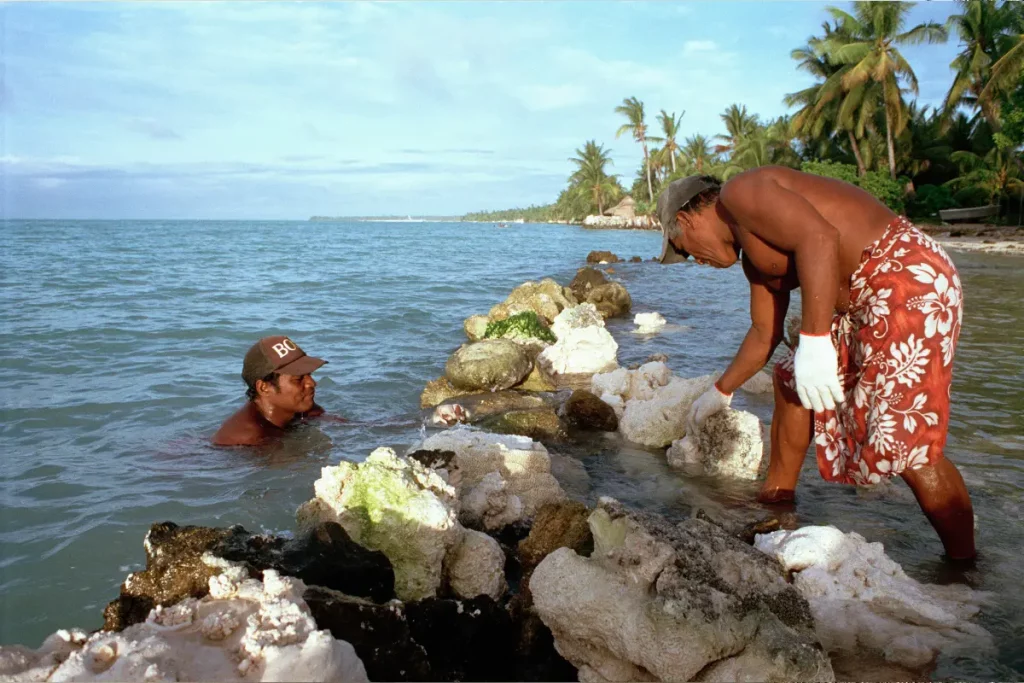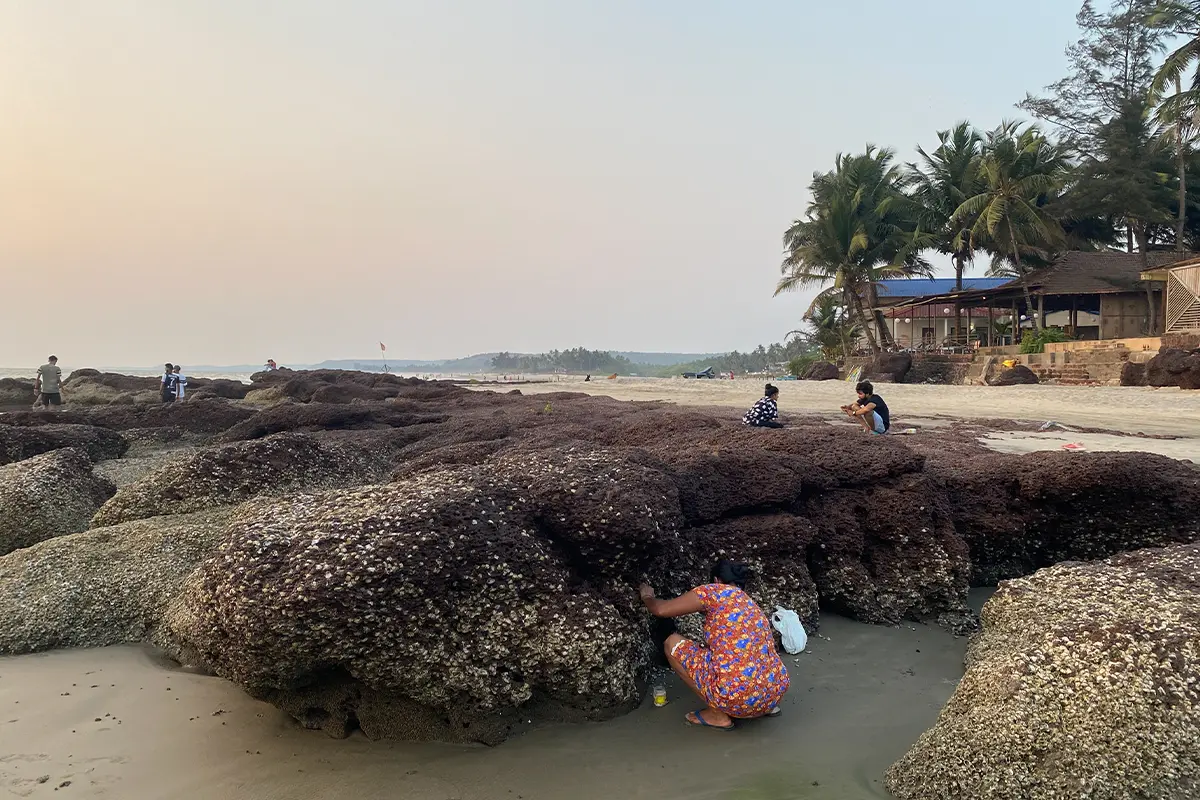The Rosebank oil and gas field located 130 km from the Shetland archipelago could affect 16 British Marine Protected Areas (MPAs): the World Oceans Day
World Oceans Day 2023 theme – Planet Ocean: tides are changing
World Oceans Day reminds each year of the role the oceans have in our everyday life. They are the lungs of our Planet and a major source of food and medicine and a critical part of the biosphere.
The purpose of the Day is to inform the public of the impact of human actions on the ocean, develop a worldwide movement of citizens for the ocean, and mobilize and unite the world’s population on a project for the sustainable management of the world’s oceans.
This year, the United Nations will host a hybrid celebration of the annual event on 8 June 2023, hosted in-person at the UN Headquarters in New York to be broadcasted live. It will highlight the 2023 theme of Planet Ocean: tides are changing.
Hosted by the Division for Ocean Affairs and the Law of the Sea of the Office of Legal Affairs of the United Nations, with the contribution of the non-profit organization Oceanic Global, this year’s annual event will shed light on how we can work together to ensure the ocean’s health and well-being.
The oil and gas industry is polluting the oceans – the Oceana and Uplift report
Our oceans bear the brunt of the impacts of global warming, having absorbed around 90% of the heat generated by rising emissions to date, according to the United Nations.
These changes in temperature lead to a cascade of effects, from ice melt to ocean acidification. They not only harm marine biodiversity, but affect the lives of 680 million people living in low-lying coastal areas and the 2 billion inhabitants of coastal megacities affected by flooding, cyclones and more.
On April 13, 2023, the report In Deep Water – Exposing the hidden impacts of Oil and gas on the UK’s Seas was released by Oceana and Uplift. This report examines the impact of the oil and gas industry on the British Sea and the threat new oil and gas developments are posing to Marine Protected Areas.
Pollution and harm to marine habitats and life and environment are the chief areas of concern
An analysis carried out by Uplift has found that 352 of the about 900 locations offered for development in the latest offshore oil and gas licensing round overlap or fall within a protected area, while 166 of those locations fall within a protected area in full.
The research behind this report was carried out by marine conservation and climate change policy specialist Dr. Fiona Gell, Ph.D. student Jasmine Wakefield, consultancy company MarFishEco, conservation technology nonprofit SkyTruth, Uplift, and the Zoological Society of London (ZSL).
This report by Oceana and Uplift found that pollution and harm to marine habitats and life and environment are the chief areas of concern connected to the impact that oil and gas development has been causing in the UK sea.
The research behind the In Deep Water report highlighted how the approval of new oil and gas projects in the British seas is antithetical to the resolutions of the problems plaguing them and the impact of oil and gas development on the seas’ capacity to store carbon.

How climate change and anthropogenic activities are impacting the oceans
Anthropogenic climate change affects the oceans, marine ecosystems, and beings, threatening coastal communities’ mental and physical well-being and economic security. The greenhouse gasses (GHG) generated by burning fossil fuels for energy are causing changes in the ocean’s water temperature, marine heat waves, loss of marine biodiversity, ocean acidification, and sea level rise.
Since pre-industrial times, the Global Mean Sea Surface Temperature (SST), recorded since 1850, has risen, undergoing an average global increase of about zero-point-six degrees Celsius during the last forty years.
The low oxygen levels linked to the impact of climate change on ocean ecosystems can play a part in the presence of hypoxic waters, referred to as dead zones. According to the World Meteorological Organization (WMO), between 2013 and 2021, the Global Mean Sea Level rose by four-point-five millimeters per year, reaching a record high in 2021.
Seas in Europe have been affected by anthropogenic climate change, with all of them warming up. The marine life in European waters has also been impacted, with UK plankton experiencing changes in abundance and diversity.
The Effects of Offshore Oil and gas on the marine environment in the United Kingdom
From its surface to its depths, the British seas are home to diverse and productive marine ecosystems, hosting marine communities ranging from those of large mammals such as dolphins and seals, seabirds and marine invertebrates like the deep sponge communities of the Faroe-Shetland Sponge Belt MPA.
In their extraction development stage, offshore oil and gas extraction causes oil contamination due to oil spills and the trickle of oil from wastewater. While the British seas are no strangers to significant oil spills, such as those of 1993 and 1996, oil contamination from the produced water is the chief culprit behind oil contamination in those waters.
Satellite imagery and artificial intelligence employed by Skytruth and Uplift found that a part of the chronic oiling happening in the British sea is going unreported. This oil has the potential to harm marine animals such as dolphins, seabirds, and whales, resulting in death or health issues.
While oil contamination is a well-documented typology of pollution connected to offshore oil and gas production, it is not the only one. Offshore oil and gas production can cause the release of other pollutants such as mercury, a toxic metal, and the environmental pollutants Polycyclic aromatic hydrocarbons (PAHs). These contaminants can work their way up the food chain and accumulate in marine life and ecosystems.
In Deep Water – Exposing the hidden impacts of Oil and gas on the UK’s Seas Report
The report analyzed how the offshore oil and gas industry is contributing to the perpetuation of the issue of plastic pollution directly through the microplastics found in products used by the industry and an indirect one via the use of oil and gas industry products by the plastics industry.
The direct impact itself is considerable: according to 2018 research by the European Oilfield Speciality Chemicals Association, the oil and gas industry has discharged over 100 tons of microplastics into the North Sea.
In addition to physical types of pollution, the offshore oil and gas industry generates ocean noise pollution. Several of the development stages of offshore oil and gas extraction are sources of anthropogenic marine noise pollution.
In the exploration stage, seismic airgun surveys are carried out to find oil and gas deposits. These surveys generate a noise that is one of the most deafening human-generated sounds.
These sounds are harmful to marine mammals, with impacts ranging from hearing loss to even death. This noise is behavior-altering, causing marine animals to change their diet, perform detours, lower hunting activity and depart from the feeding area to avoid the noise, which is detectable at a distance of 4000 kilometers.
The threat of the new proposed oil and gas projects in the UK
The concern related to the scale of the environmental impact of the oil and gas projects in the UK seas is increased by the threat of new proposed oil projects in the west of the subarctic archipelago of Shetland in the North Sea: the deep water oil fields Cambo, Clair South, and Rosebank.
According to the In Deep Water – Exposing the hidden impacts of oil and gas on the UK’s seas report, on its own, Equinor’s Rosebank oil and gas field located 130 kilometers from the Shetland archipelago could affect sixteen British Marine Protected Areas (MPAs)
Along with the Cambo oil field, the proposed oil and gas Rosebank project would intersect with the protected Faroe-Shetland Sponge Belt Nature Conservation MPA putting its sponge habitats in peril.
The controversy in the United Kingdom and abroad
The Rosebank oil and gas field has sparked controversy in the United Kingdom and abroad. More than 200 organizations such as 350.org, Extinction Rebellion, Friends of the Earth Scotland, and Greenpeace UK, along with individual signatories like climate justice activist Vanessa Nakate and actor Jessie Mei-Li have signed the #StopRosebank open letter to the UK Prime Minister Rishi Sunak and Secretary of State for the Department for Energy Security and Net Zero Grant Shapps.
In addition to the British civil society and activists, pressure on the UK government not to approve the project has come from the EU political sphere. On April 19, 2023, forty members of the European Parliament sent a letter to Rishi Sunak urging him to stop the Rosebank oil and gas field project.
Tessa Khan
Uplift is a British environmental organization supporting a just transition from fossil fuels. Tessa Khan, international climate change and human rights lawyer, is the organization’s founder and executive director.
Oceana and Uplift
Uplift is a British research and campaigning organization established in 2021. They advocated for a fair fossil fuel phase-out and researched the British oil and gas sector. They work with groups advocating for a just transition away from North Sea oil and gas. Oceana is an international conservation organization. It was founded in 2001 and merged with the American Oceans Campaign in 2002.



















